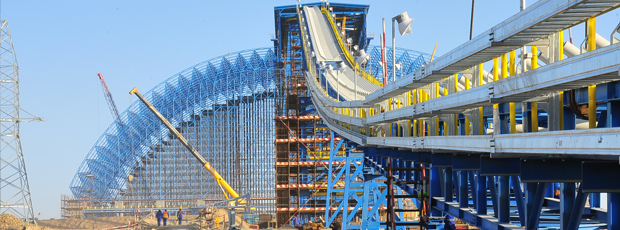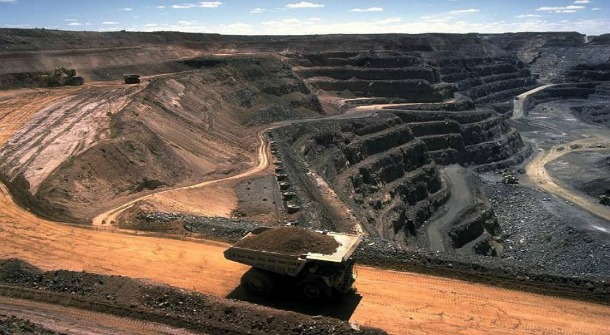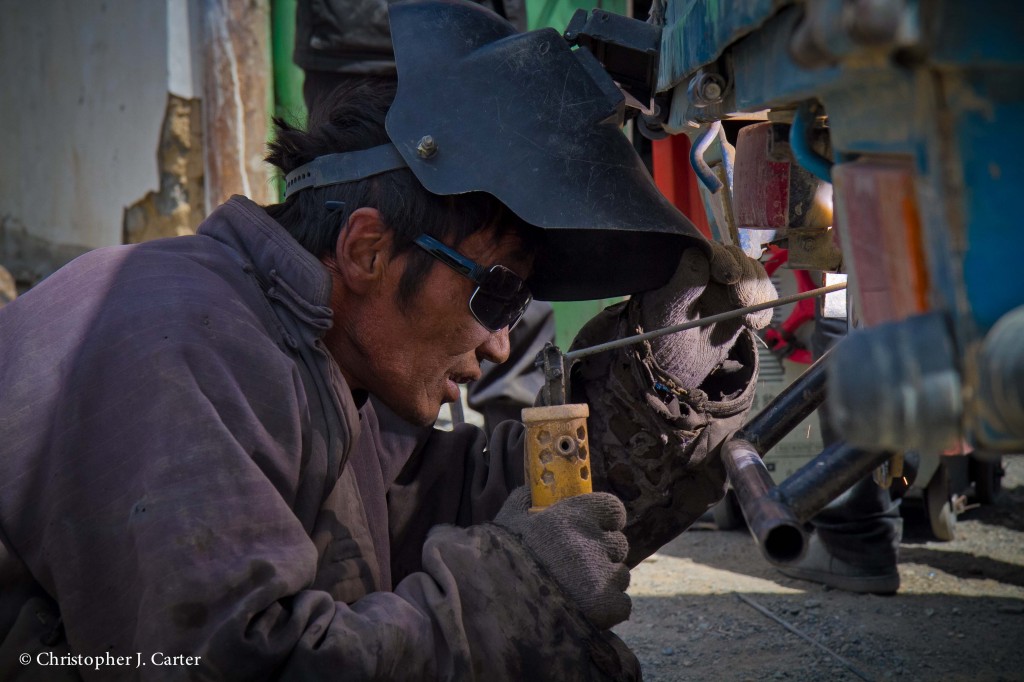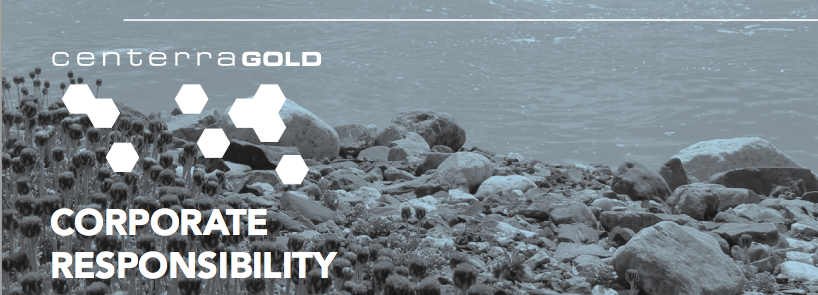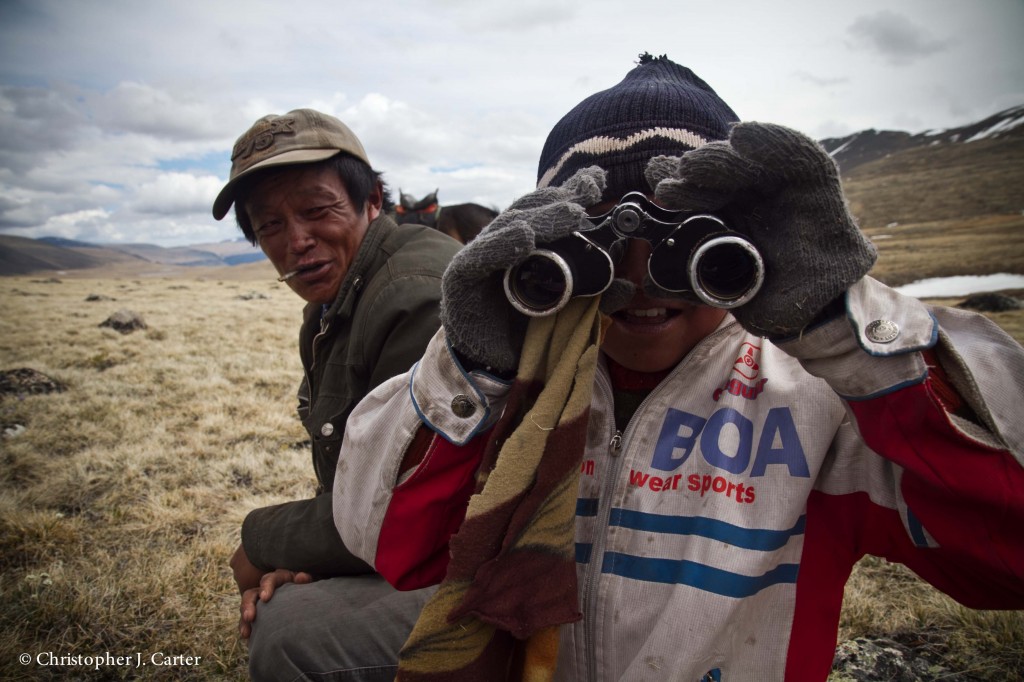
Upon further inspection, who are the players in Mongolia’s NGO landscape are how are they involved in EITI transparency?
Solongo Bumtseren and Lauren Galacia // March 22nd 2014
More than 30 non-government organization (NGOs) are involved in the EITI process, including representation on the National Council and Multi-Stakeholders Working Group.
Organizations represented on the National Council include:
Ariun Suvarga, Human Rights and Development Center, Mongolian Association of Environmental Protection, Mongolian Civic Council of Environment, Mongolian Council of Environment, My Mongolia Land, Open Society Forum, Steps without Borders, and Transparency Foundation.
Organizations represented on the Multi-Stakeholders Working Group include:
Baigal Ekhiin Arval San, Mongolian Association of Environmental Protection, Mongolian Council of Environment, My Mongolia Land, Onon Ulz River Residentials, Open Society Forum, Owners of Khuvsgul Lake, Steps without Borders, Transparency Foundation, and Zorig Foundation.
EITI Mongolia could consider expanding its coalition to include additional groups that may have an interest in natural resource management. For example, working groups in other EITI countries have included members that specialize in youth, gender, and disability, as well as representatives of professional associations such as journalists, lawyers, miners, and engineers.
NGO and Sub-National Participation
Revenue Watch International, working with the World Bank, has provided capacity building training for participating NGOs. The Open Society Forum and its partners have completed an assessment of the 2006-2011 EITI reports and have provided policy analysis and recommendations to policymakers.
In 2013, Publish What You Pay monitored the implementation of Government Resolution #222 and provided guidelines for establishing EITI Sub Councils. Sub Councils are regional steering committees consisting of members of regional government, NGOs, and companies that would promote transparency at the aimag and soum levels. Their main responsibilities would be to improve local citizen awareness about EITI, encourage civic participation, and strengthen communication networks. They would provide an annual report that includes disclosure of all licenses issued in the soum and agreements between companies and the local government, and they would organize activities such as an annual open forum for the local people.
No Sub Councils have been established yet because of budgetary issues, however, they have been the subject of ongoing discussions. Some concerns have been raised about Sub Council membership dependency on local government (the number of government members are disproportionate to civil organizations and companies) but there is general agreement that focusing activities towards local levels i.e. establishing Sub Council would contribute to more effective implementation of EITI in the country.
Dissemination of Information to the Public
Information from the EITI reports is made available on the EITI Mongolia website and distributed among Working Group members. To raise general awareness, EITI has organized provincial outreach events, presented at trade fairs, and participated in public meetings. There have a number of suggestions of ways that the information in EITI reports could be more accessible and meaningful to the general public. These include: creating summary reports using more simple language, providing information about companies operating in each soum, and providing information about payments by project.
Media participation related to EITI is comparably weak, with only periodic reporting of EITI on news, radio, and television. EITI’s 2013 Communication Plan included many ideas for improving media participation, such as developing special TV and radio programs about EITI and broadcasting them through central and local channels. Another idea was using social and mobile media to communicate with public regarding reporting process (for example, key messages would be delivered to citizens via their cell phones.) However, none of these ideas have been implemented yet. Media participation in EITI is still in a beginning stage and has not significantly improved over 7 years of EITI implementation in Mongolia.

